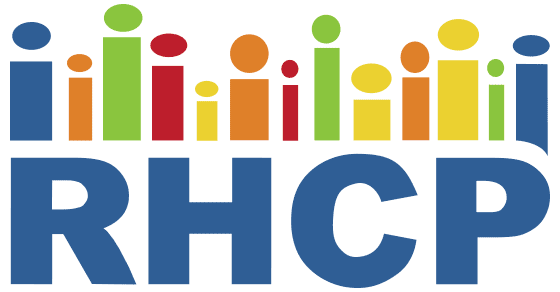A Focus Group Study of Healthy Eating Knowledge, Practices, and Barriers among Adult and Adolescent Immigrants and Refugees in the United States
International Journal of Behavioral Nutrition and Physical Activity 2014
This qualitative study examines how adult and adolescent immigrants and refugees from Somali, Mexican, Cambodian, and Sudanese communities in Minnesota understand and practice healthy eating. Using a community-based participatory research approach, researchers conducted 16 focus groups to explore participants’ knowledge, eating habits, and barriers to healthy eating. Across all groups, participants recognized the importance of balanced meals and avoiding processed and fatty foods, but they also faced significant challenges such as cravings, time constraints, financial limitations, and cultural traditions. Generational differences emerged, with adolescents often more aware of healthy eating guidelines but constrained by family norms and limited autonomy in food choices.
The study found that acculturation influences dietary patterns in complex ways, with both adults and youth adopting aspects of American food culture—often less healthy—while retaining traditional practices. Structural barriers like cost and time, along with cultural expectations and family dynamics, were key obstacles to healthier eating. Participants expressed a strong desire for family-based and community-level interventions, including education on preparing healthier traditional meals and promoting dietary change through culturally sensitive outreach. The findings suggest that effective health promotion strategies must address intergenerational differences and the broader social context shaping immigrant families’ food choices.
